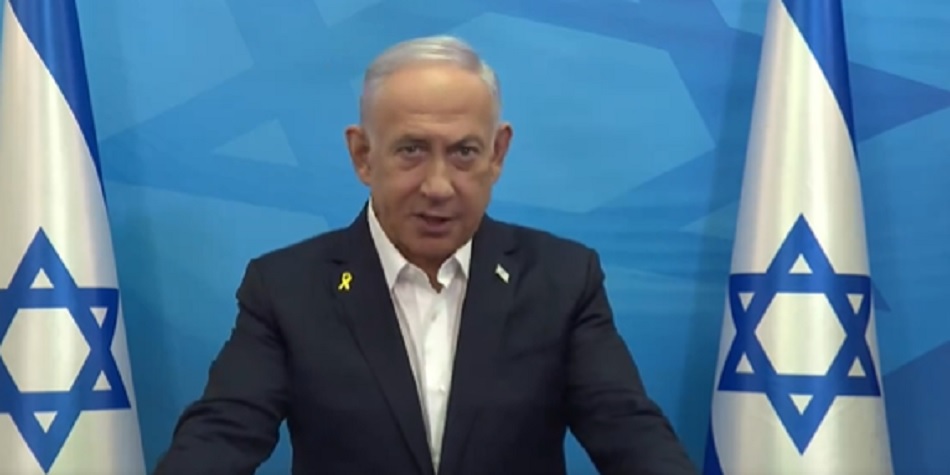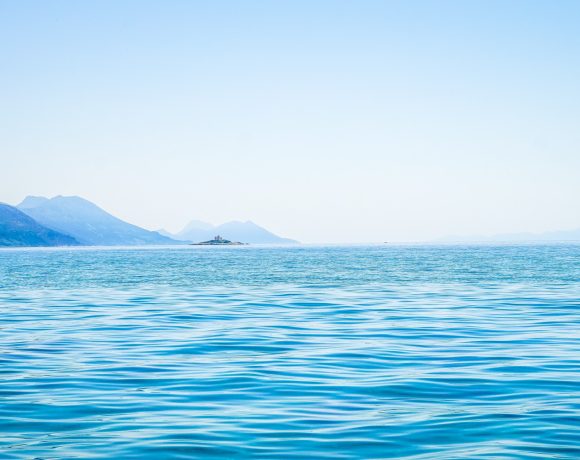
Israeli Navy Intercepts Gaza-Bound Aid Boat with Greta Thunberg
In a high-profile maritime operation, Israeli naval commandos intercepted the British-flagged vessel Madleen early on June 9, stopping its journey toward Gaza. The boat was part of the “Freedom Flotilla,” a civil society initiative aiming to deliver humanitarian aid to the blockaded region. Among those on board were Swedish climate activist Greta Thunberg and French MEP Rima Hassan, both of whom were detained and transported to the Israeli port of Ashdod.
The vessel was intercepted in international waters, prompting a wave of international scrutiny. The Israeli military justified the action, citing security protocols linked to the longstanding naval blockade of Gaza. Authorities stated that the mission was conducted without injuries and that the aid onboard would be processed through established humanitarian channels.
Allegations of Aggression and Use of Chemical Irritants
Activists aboard the flotilla accused Israeli forces of aggressive tactics, including the deployment of drones and alleged use of chemical irritants before the boarding began. Communications from the vessel reportedly went dark shortly after the confrontation began, raising concerns among supporters monitoring the flotilla’s journey. A pre-recorded video message from Thunberg, released post-interception, described the operation as “state piracy” and called on international supporters to pressure their governments for immediate intervention.
The Freedom Flotilla Coalition condemned the operation, labeling the detention of its members a violation of international law and humanitarian norms. They emphasized that the flotilla carried essential supplies such as baby formula and medical kits, intended solely for civilian relief.
Global Protests and Diplomatic Fallout
The interception has sparked protests in cities like Melbourne and Brisbane, where demonstrators demanded the immediate release of the detained activists. Governments of several countries, including Sweden and France, have begun reviewing consular options, although official reactions remain cautious.
Human rights organizations have weighed in, accusing Israel of overreach and misuse of military force in international waters. Critics argue that the blockade enforcement, particularly in cases involving humanitarian aid, undermines the principles of proportionality and non-interference.
Legal and Humanitarian Implications
This latest interception raises complex legal questions surrounding the enforcement of blockades in international waters and the treatment of humanitarian missions under maritime law. While Israel maintains its blockade is justified for national security, critics argue that such actions further isolate Gaza and criminalize international solidarity efforts.
With diplomatic pressure mounting and public outcry growing, the episode marks a new flashpoint in the ongoing Gaza crisis—one that will likely test both the legal framework of naval interventions and the international community’s resolve on humanitarian access.


















